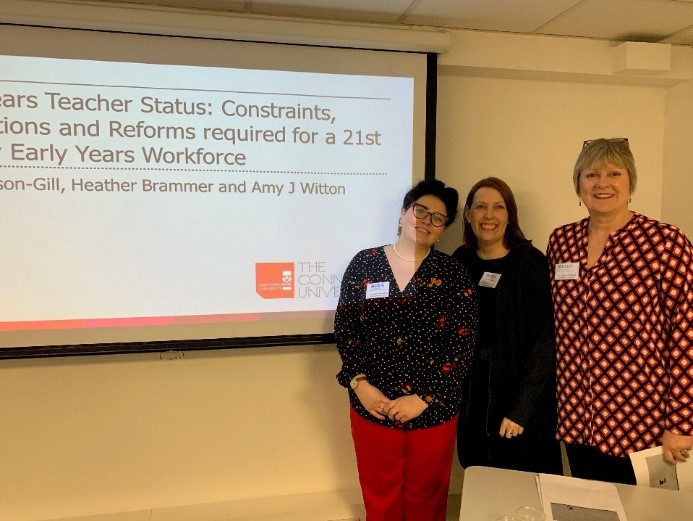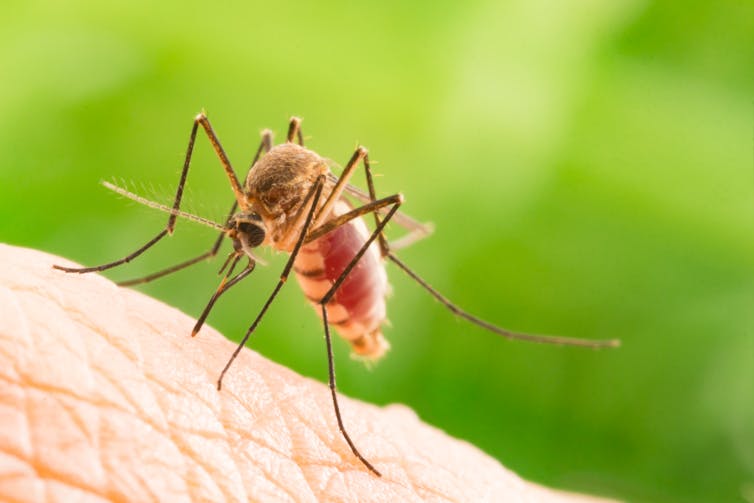Staffordshire University’s biological science students have just returned from Finland’s picturesque city of Tampere – following the indulgence of some great Finnish cuisine, amazing views across lake Pyhäjärvi, and a VERY hot sauna. Aside from Tampere’s strong devotion to art and conserving the natural environment, Tampere is home to vast biological facilities; focusing on the advancement of science and the attainment of a sustainable future. After touring TAMK’s research facilities it is no surprise the university is considered one of the largest multidisciplinary universities in Finland – offering students a vast range of opportunities. Continue reading
Continue reading
Author Archives: Lyn Devine
Screen time for children: the WHO’s extreme new approach may do little to curb obesity
Dr Sarah Rose, Senior Lecturer at Staffordshire University, writes for The Conversation
Get children more active. That’s the aim of the World Health Organisation’s new guidelines on physical activity, sedentary behaviour and sleep for children under five years of age. The guidelines make specific recommendations about the amount of sleep, physical activity and screen time children should have each day.
For screen time, the guidelines state that children under two years old should get no screen time and children aged two to five should get no more than an hour a day.
While childhood obesity is a global crisis, cuts lives short and has significant economic costs the WHO guidelines on screen time are oversimplified. Continue reading
Why some people can’t stop running, according to sport psychology
Dr Andrew Wood and Dr Martin Turner, lecturers at Staffordshire University, write for The Conversation
Alex has a problem with running; he has become addicted to it. “I have to get out and run, whether my family like it or not,” he says. “It’s just who I am.”
Running three times a week has become ten times a week, and when life gets in the way of his running, Alex becomes irritable and racked with guilt. He has gone from what was a healthy pursuit, to an unhealthy overindulgence. His body is shot to pieces and is mentally and physically exhausted. But still, he keeps running.
The physical and mental benefits of running are indisputable. But runners can have too much of a good thing. This is especially true for long-distance runners as they tend to increase their training loads and become increasingly competitive. They’re at risk of making a shift from healthy perseverance (“I want to run”) to unhealthy and pressured overindulgence (“I have to run”).
Early Childhood Studies Degree Network Conference
We had an opportunity to share our small-scale study, “Early Years Teacher Status: Constraints, Implications and Reforms required for a 21st Century Early Years Workforce” with a wide audience of academics and students at the 2nd ECSDN research conference in London on 25th January.
Our study was borne through the enthusiasm of Amy an Early Years Teacher Status Staffordshire University graduate who was passionate about the status of Early Years Teachers who train to work with children aged from birth to 5 years old.
Staffordshire University Proudly Presents: Level 4 Early Childhood Studies Degree; 1st Baby Conference
With Guest Speaker Midwife: Sylvia Baddeley
Staffordshire University observed its first (ever) Student Baby Conference on Friday February 8th, 2019. This event had been organised to co-inside with the delivery (pardon the pun) of the Working with Babies Module (0-3 years) and to cover specific topics related to the module. The whole day event was an opportunity for students to engage and experience a conference style presentation, something new for many students.
Our Guest Speaker, Sylvia Baddeley is a Bonding and Attachment Specialist Midwife whose career spans nearly over 39 years; she is a Freelance Lecturer, an eminent speaker and researcher; has (also) worked with Stoke Speaks Out; pioneered Aqua Natal Classes and on top of all that, she still finds time for personal hobbies such as painting; art and local history. And so, it was our privilege to have some an experienced and knowledgeable professional delivering our first ever conference. Continue reading
Why Manchester United should make Ole Gunnar Solskjaer manager next season
Anthony Miller, PhD Candidate and Lecturer at Staffordshire University, writes for the Conversation
With speculation rife over who will be taking over as manager of Manchester United FC in the coming season, any talk of appointing current caretaker and former player Ole Gunnar Solskjaer is strictly under wraps.
With limited experience in top-flight football, the Norwegian currently in charge of the biggest club in the world has renewed players’ confidence and attacking flair. The turnaround from ex-manager Jose Mourinho’s dismal performance this season can be explained by what social psychologists call the social identity approach – the study of interpersonal relationships and emotional connections within a group.

Solskjaer scored 126 goals for Manchester United between 1996 and 2007 under manager Alex Ferguson, but he is best remembered for coming off the bench to score in the 93rd minute of the 1999 Champions League final against Bayern Munich in Barcelona. His winning goal in the dying seconds of this legendary match gained him the respect and adulation of fans and a place in the club’s history. When he was appointed interim manager the day after Mourinho was sacked, Manchester United’s executive vice-chairman Ed Woodward said:
Ole Gunnar Solskjaer’s history at Manchester United means he lives and breathes the culture here and everyone at the club is delighted to have him back. We are confident he will unite the players and the fans as we head into the second half of the season.
Read the full article on The Conversation
Why mosquitoes bite some people more than others
Dr Richard Halfpenny, Lecturer in Biological Sciences, writes for The Conversation.
Surprisingly few of the more than 3,000 mosquito species actually specialise in biting humans. Instead, most are opportunistic feeders – feeding when they are able and from lots of different sources. But Aedes aegypti and Anopheles gambiae are well known for their preference for human blood and their role as vectors which transmit disease in humans. Ae. aegypti has been linked to zika and dengue, while An. gambiae carries the parasite which causes malaria.
Advice from a student parent
Right okay, so as we already know being a parent is a hard task. Its life consuming having a miniature human entirely reliant on you, then add in looking after yourself and having some form of your own life and you’ve got a full time job on your hands; and that’s without actually taking into consideration the actual job you need to do in order to fund their ever growing appetite and clothe their tiny bodies that don’t EVER seem to stop growing.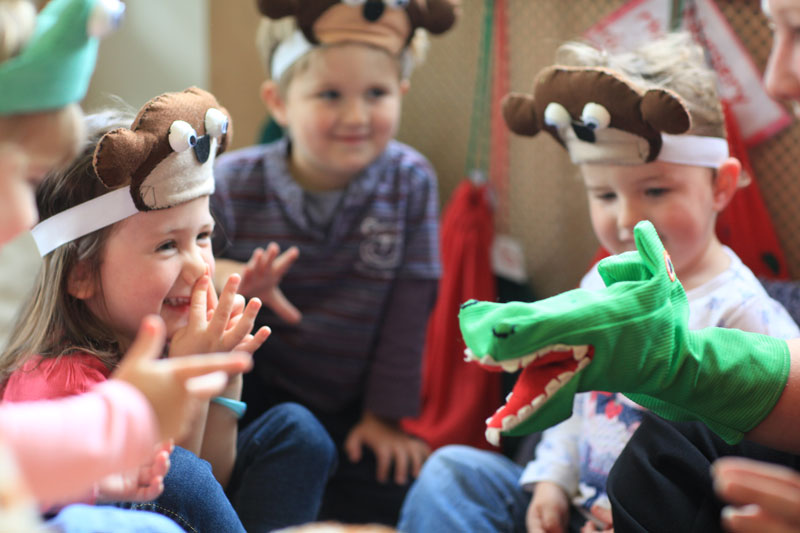 Continue reading
Continue reading
STEM for Britain
On Monday the 12th of March I was lucky enough to go to the STEM for Britain awards in the Houses of Parliament, London. This was an event with the intention of facilitating young researchers to share their findings with members of parliament and leaders of scientific organisations and other research institutions with the hope of influencing policy makers by providing information with real scientific evidence to back it up.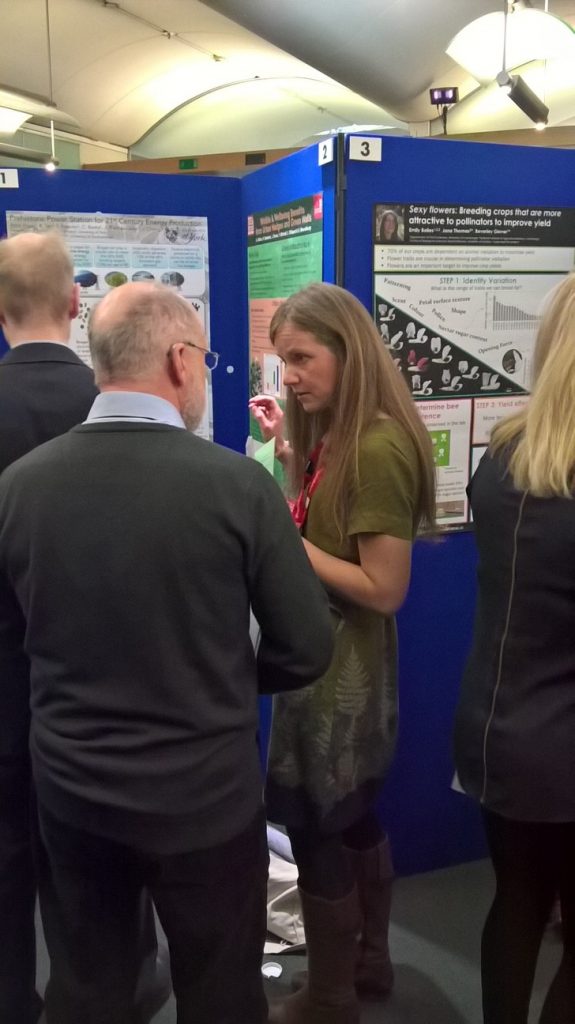 Continue reading
Continue reading
Celebration of Education at Staffordshire University
This month we warmly welcomed our partners onto campus to celebrate all our collaborative work in Education. Following our Good OFSTED inspection earlier this year, and subsequently being ranked 36th in the country as an Education department in the Complete University Guide 2018, we took this chance to say thanks to all the schools/colleges in the region for working alongside us and supporting all our trainees.
We were pleased to be joined by our colleagues from schools, colleges, nurseries, and OFSTED, as well as graduates from our courses.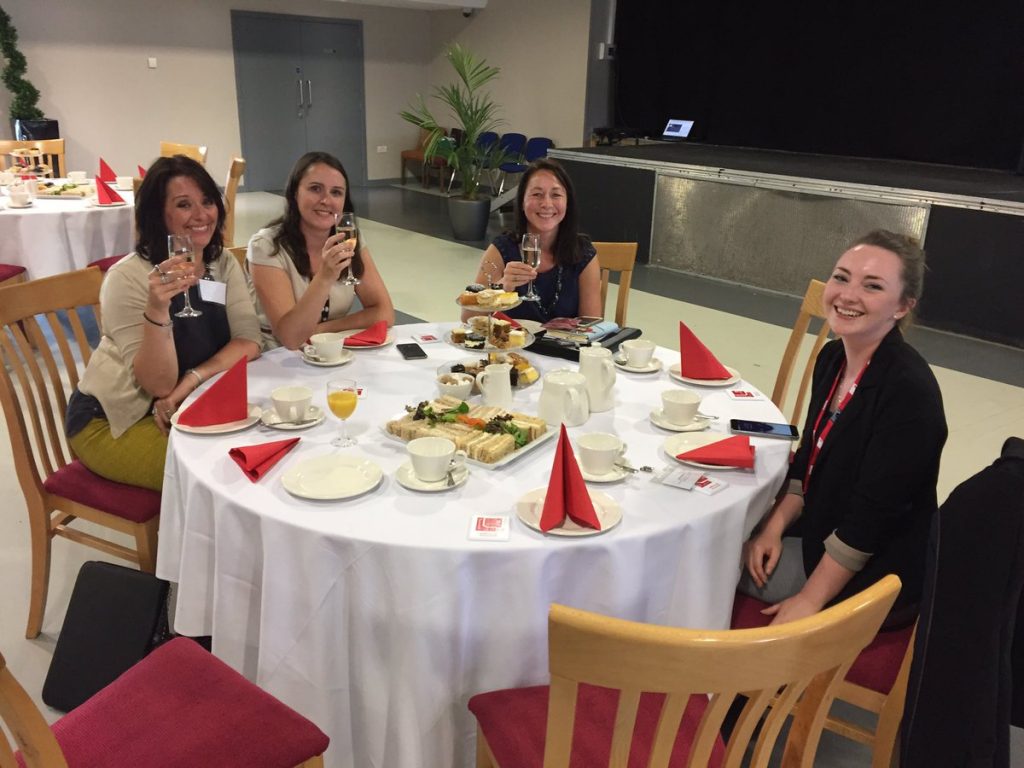
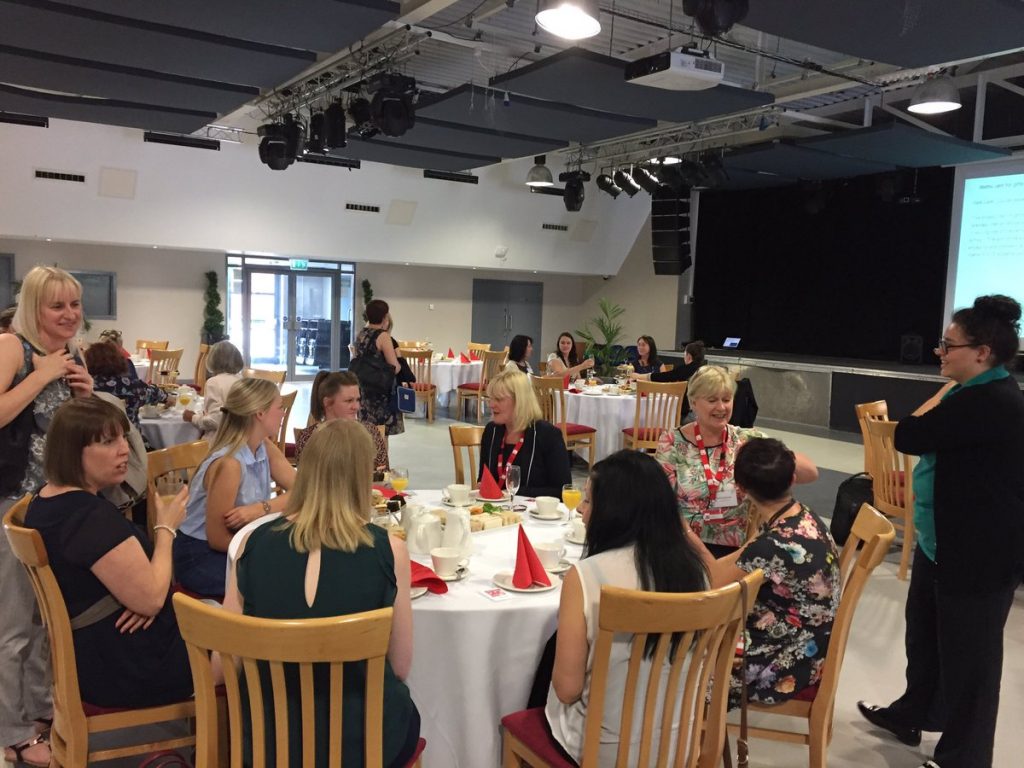
Dr Nigel Thomas, Dean of our School of Life Sciences and Education, opened the ceremony celebrating the impact of our ongoing educational partnerships with over 70 organisations.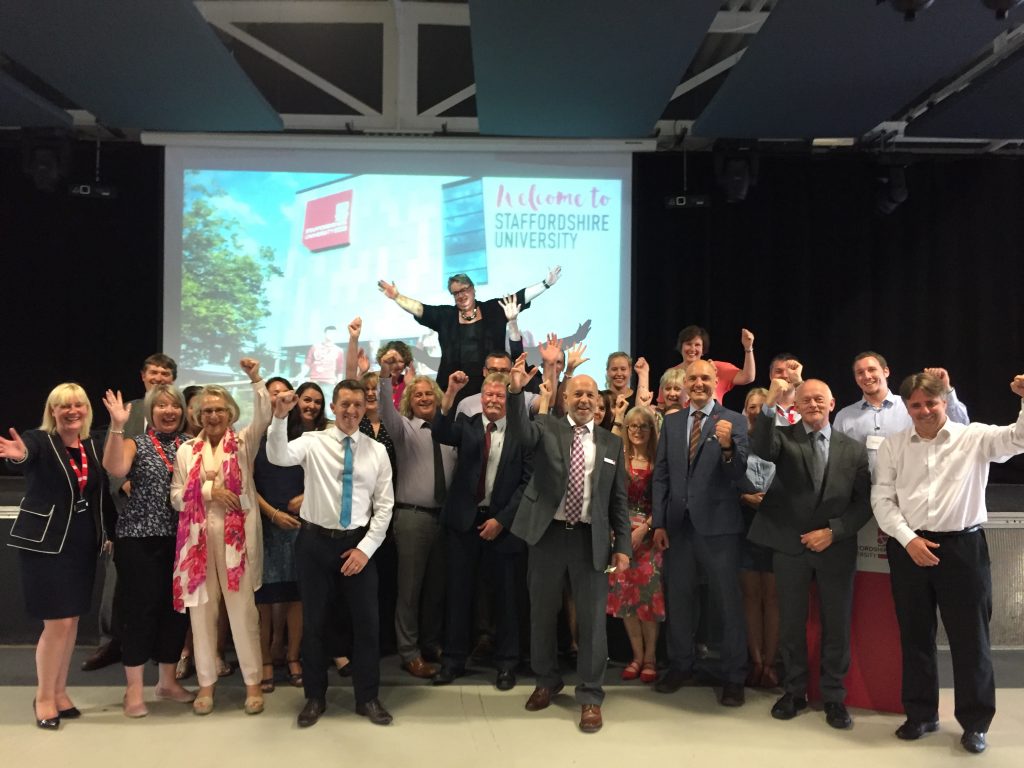
As well as providing the chance for all of us to network and celebrate, we also shared best practice through a series of talks. Continue reading


